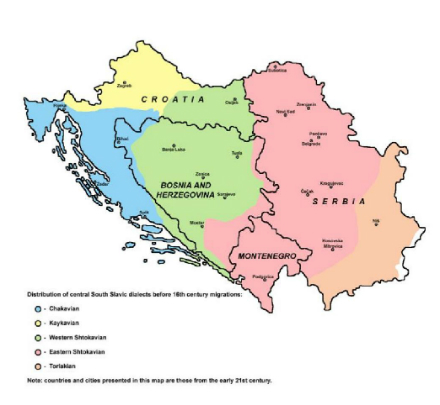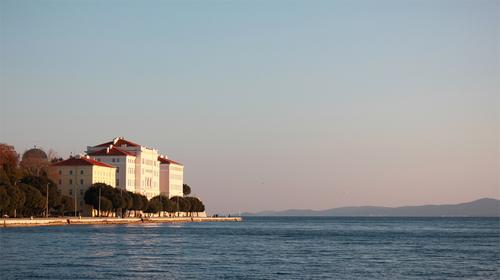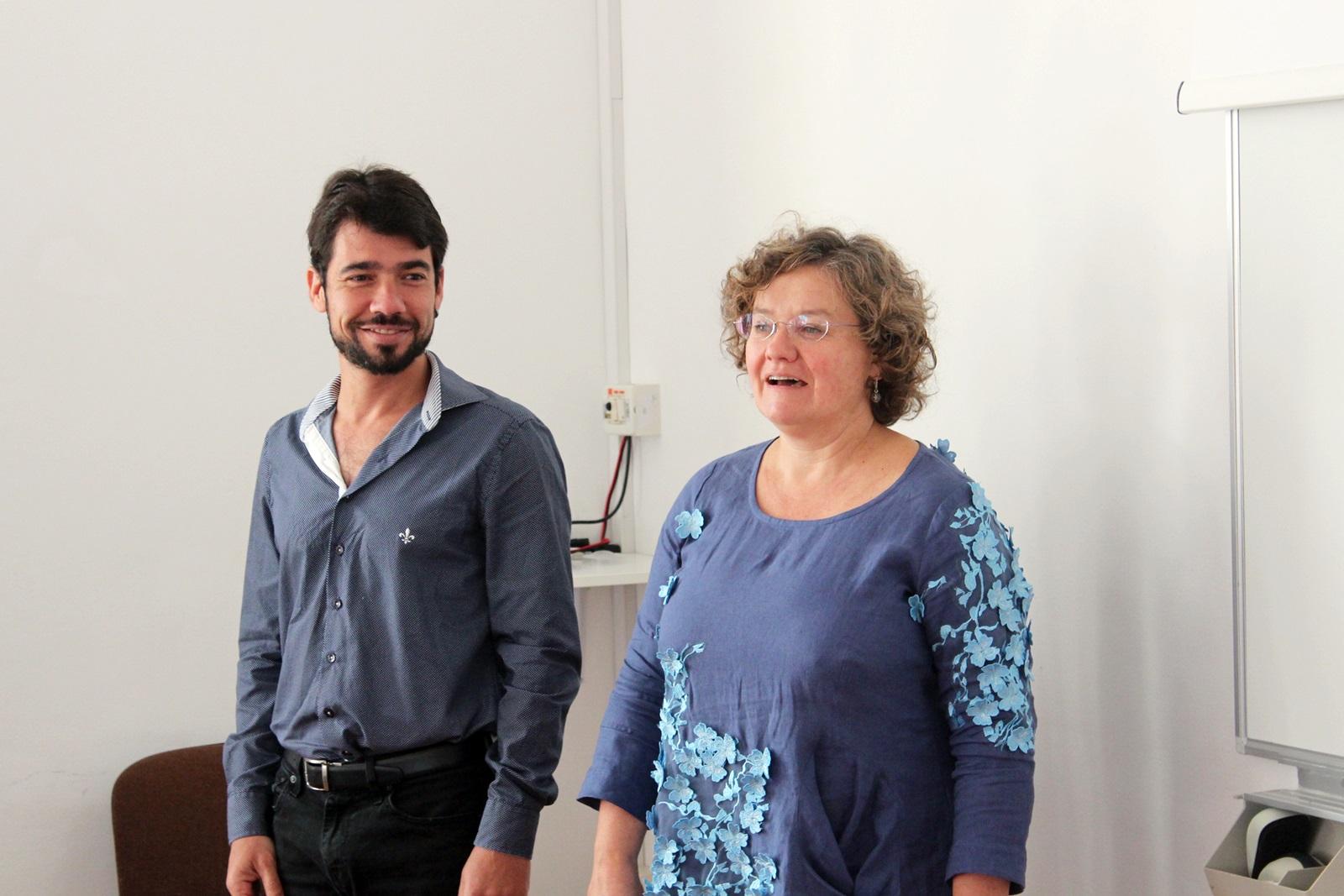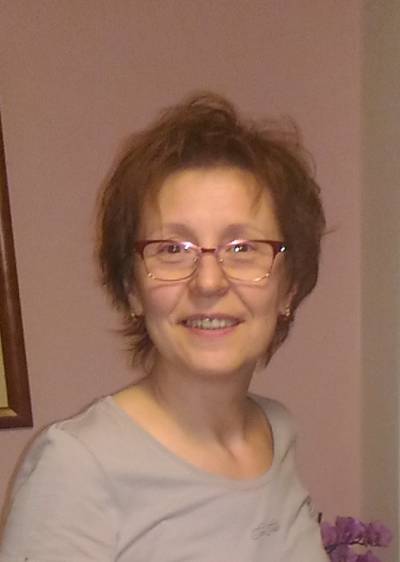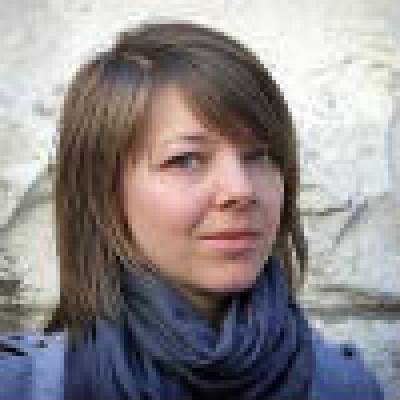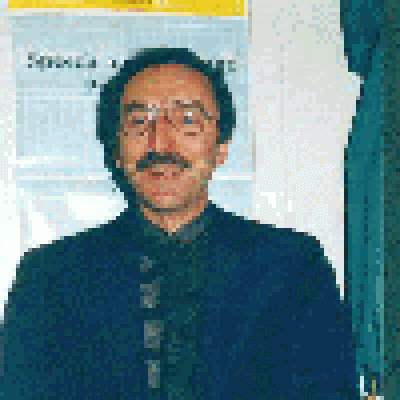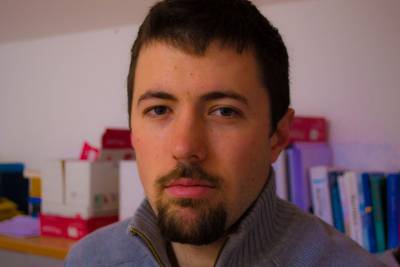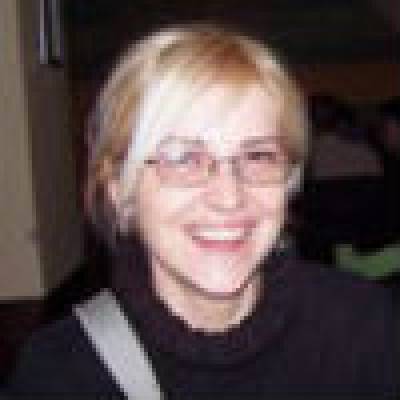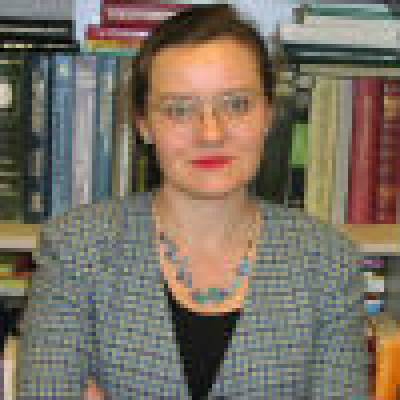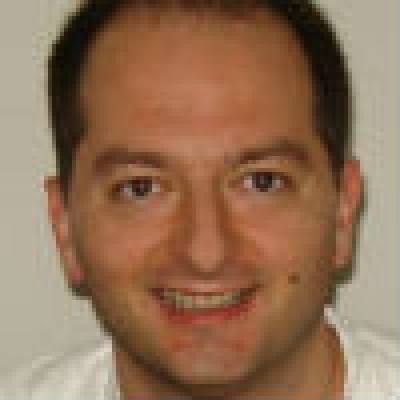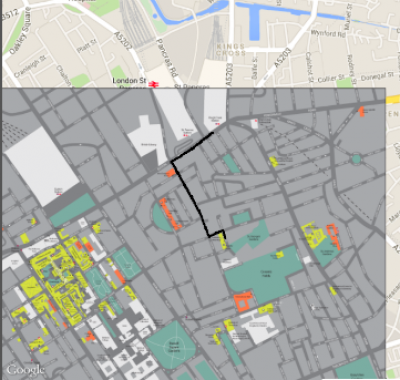EMSS Methodology
Morphosyntactic Variability of South Slavic Languages
A number of linguistic mismatches and combinatorial possibilities between the inherent gender and the grammatical gender of nouns and the unique number morphology of the South Slavic languages create a rich array of morphosyntactic variability found both within and across speakers in this language area.
While a long dialectal tradition classifies local varieties in terms of lexical items (specifically, words for ‘what’), the present project aims to leverage experimental psycholinguistic research as a means of charting the morphosyntaxes of these languages.
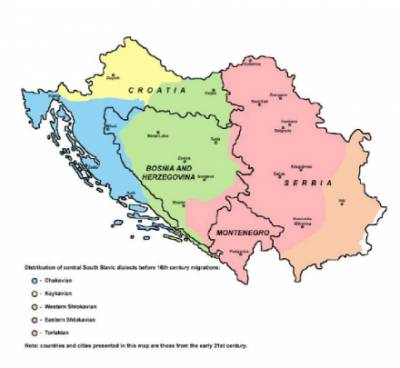
Figure 1: Map of the Bosnian/Croatian/Serbian dialects based on the use of the word for “what”
Pioneering experimental methodology, the project will attempt to cross the linguistic boundaries partly created by the political climate following the dissolution of Yugoslavia in the region by identifying similarities and differences (in the relevant morphosyntactic structure) that are the product of geographical differences rather than prescriptive policies that have influenced the official languages spoken in Bosnia, Croatia, Serbia, and Slovenia.
Researching Experimentally Morphosyntax of South Slavic languages
The project's research builds on existing methodology developed for Slovenian in recently published work by experimental morphologists Andrew Nevins and Lanko Marušič to be applied at the six partner research institutions in parallel.
The project will employ elicited production and comprehension tasks to study the gradients of variability between the agreement controllers of coordinate structures and the agreement targets that include relative pronouns, attributive adjectives, and verbal agreement.
The second phase will build on the initial period of strengthened ties and collaborative achievement to address wholly novel experimental questions about the effects of topicality, inflectional ambiguity, and prosody on coordinations, thereby opening a swath of new interdisciplinary research topics to be explored far into the future.
The research will thus extend the experimental study of morphosyntactic variability across linguistic boundaries and enables modelling of the results in terms of dialect isoglosses.
Research aims
- Extend the purview of psycholinguistic research into morphosyntactic variability to the South Slavic languages.
- Leverage experimental psycholinguistic research as a means of charting the morphosyntax over lexical items and language policies in detecting the variability in these languages.
- Foster the development of new institutional partnerships, and pave the way for long-term research opportunities, knowledge exchange, circulation, and scientific cooperation in side and outside the Ex-Yugoslavia region.
- Testify to the adaptability and portability of psycholinguistic methods in an era of shared software and open-source script repositories, and bundle the resulting data sets in an organized, downloadable format as a dataset available for research and educational use globally available.
EMSS Methodology
Experimental Morphosyntax of Coordinate Structures
Based solely on non-experimental methods, written corpus studies or author introspections (e.g. Corbett 1983, Bošković 2010, among many others), the incommensurability of existing reports restricts summarizing factors well-known to influence various possibilities of conjunct agreement under any generalization.
The current project will refine the existing work on comparative morphosyntax in South Slavic languages by applying psycholinguistic methods to research on coordinate structures.
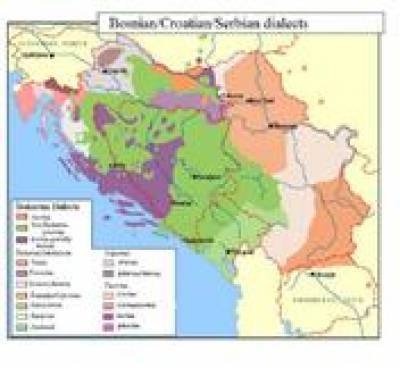
Figure 1: Complex map of the Bosnian/Croatian/Serbian dialects
Charting the Variation in Coordinate Structures with Elicited Production
The first Research Development Phases extends the methodology published in Marušič, Nevins & Badecker (2015) for Slovenian to three new languages on which these types of questions have never been experimentally addressed. The research network will thus develop a uniform experimental testing battery for sites at six universities in parallel, aiming to keep as identical as possible the stimulus design, presentation methods, numbers of participants, and quantitative analysis.
- Aims are to chart the range of possible and impossible variation in the selection of agreement controllers in coordinate structures.
- Modulation of the responses will be based on two factors: whether the coordinate structure itself is preverbal or postverbal, and whether the conjuncts in the coordinate structure are all plural number or not (e.g. these cats and those dogs, but not these cats and that dog).
- First hypothesis is that preverbal coordination structures will allow a richer array of agreement controllers than when the exact same coordinations are placed postverbally.
- Second hypothesis is that gender agreement based on the identification of a controller in a single conjunct will be diminished when the conjunct in question has a non-plural number.
Closer Understanding of Paradigmatic Ambiguity and the Structure of Coordinations
The second Research Development Phases is devoted to the development of novel research questions that continue the line of investigation into coordinate structure agreement, but have not yet been asked for any language. Three new experimental hypotheses will be formulated and experiments will be subsequently deployed in parallel in all six research partner sites.
First task involves measuring elicited production latencies as a function of the ‘ambiguity’ of the structural possibilities to be produced, in effect a measure of the degree of inter-individual variation for given conditions in Phase 1.
- Hypothesis is that structures with the richest array of possibilities (for example, if these turn out to be preverbal conjunctions of feminine plural and neuter plural) will take the participants the greatest amount of time to ‘decide’ on and thereby be reflected in their production latencies.
Second task involves a comprehension methodology in fine-grained investigation of the syntactic structure of three-conjunct coordinations (e.g. (the cats and the dogs) and the ducks) or (the cats (and the dogs and the ducks)).
- It has never been thoroughly investigated whether the medial conjunct is eligible as an agreement controller, and if so, what factors (e.g. prosodic phrasing, punctuation, semantic cohesiveness of the first or second subgroup) may change the structure so as to increase the rate of agreement with the medial conjunct.
- Third task involves an offline norming study on how to design a range of topicality asymmetries in coordinations, to be subsequently tested in both production and comprehension as to whether they can favour rates of agreement control by the conjunct that is not the linearly closest to the verb.
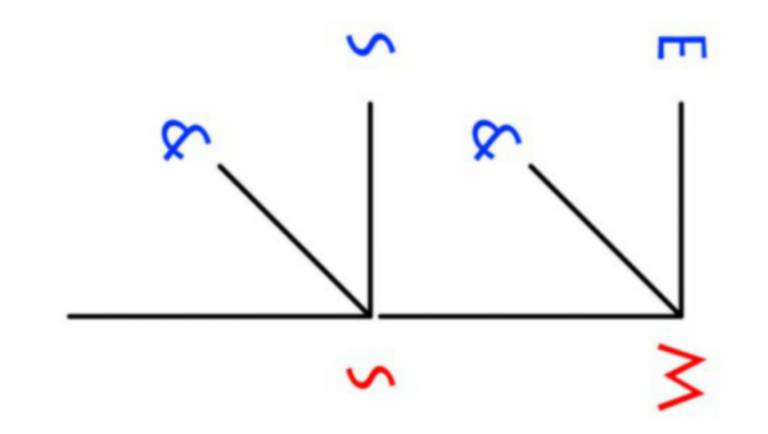
 Close
Close


